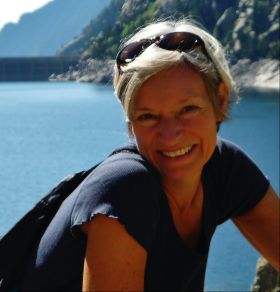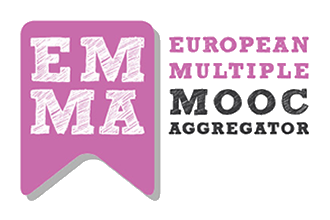Course Overview

Persona, society and technology: processes of transformation in a digital age.
We are becoming digital in a way that is not clearly understandable yet. We are no longer capable of distinguishing between what is real and what is virtual, as we did at the beginning of the digital story. Our lives, bodies, emotions, feelings and memories are strongly embedded in the digital world. For better or worse, we are living in a technological era which is re-defining how we think, learn, love, work. What does it mean to be a digital persona? What is the role of algorithms, the digital unconscious and knowledge networks.
This collective MOOC involves distinguished experts in the field of digital culture in open discussion. They present their own reflections on these questions, and their contributions take us through the changing landscape of self, society and technology, transforming hopes and criticism into food for thought.
Whatever your reason for joining this MOOC, you can explore the questions with our experts to clarify your own responses.
You can exploit the course in 2 ways
1. Serendipity
Play a game of Fortune. Choose any expert as your starting point and then randomly construct your own learning journey through digital culture. You will discover your own logic and connections between the different contributions. Using the coursebook, you can record and comment your journey, and share it with other users.
Click on the video tutorial to find out more about the Coursebook feature.
2. Guided tour
You can see these MOOC lessons as conceptual sets that navigate you through the changing technological and societal landscape. Each set offers you different perspectives and challenges to reflect on and enjoy:
(i) Situating individual minds within the landscape (Bogliolo, Sorrentino, de Waard, Webster)
(ii) Mapping emerging territories and directing the individual within the new socio-technical regimes (Orban, Weinberger, Downes, Miranda)
(iii) Describing/redescribing paradigms and realities (Boyd, Kerkhove, Powe, van Heusden).
In the lesson of Digital Dis-courses MOOC, Juliet Webster looks at issues surrounding the gender gap in ICT.
Course Structure
- Lesson 1 - Understanding the dynamics of female participation in technical professions
Teacher
Juliet Webster
Juliet Webster is the Director of Work and Equality Research, a Visiting Senior Fellow of the Department of Media and Communications at the London School of Economics and an associate member of the Gender and ICT research group at the Internet Interdisciplinary Institute in Barcelona. Her research is concerned with gender inequality at work, particularly in digital work, and currently explores the class and gender dynamics of virtual work. She is the author of, among other things, Shaping Women’s Work: Gender, Employment and Information Technology, and the co-editor of The Information Society in Europe: Work and Life in an Age of Globalisation (with Ken Ducatel and Werner Herrmann) and Género, ciencia y tecnologías de la informacíon (Gender, science and information technologies) (with Cecilia Castaño).




